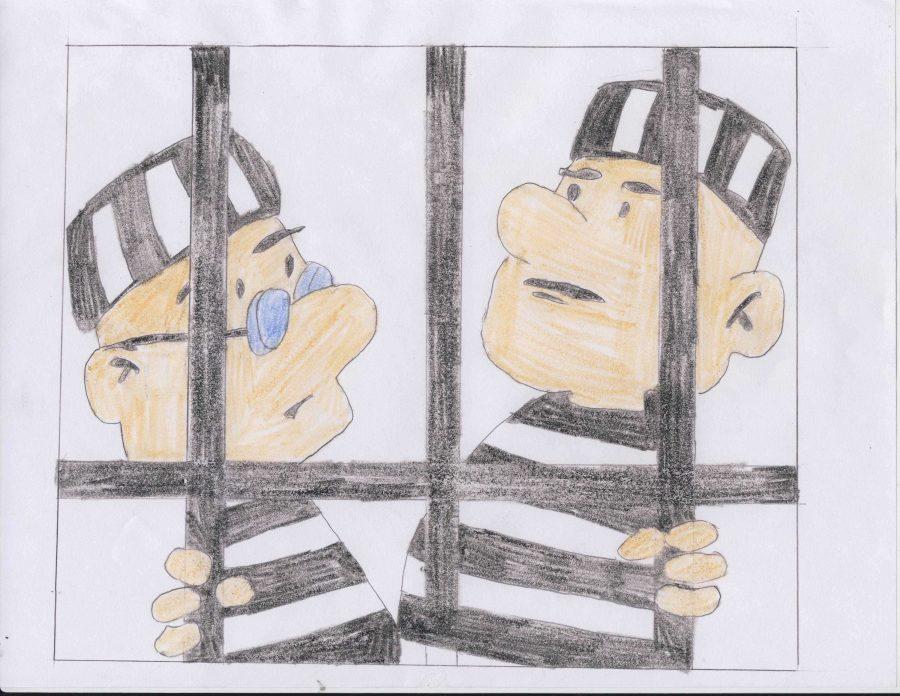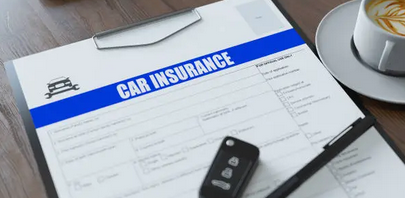The Corruption of U.S. Prisons
Picture by Jayan Patel
As a country best known for its people’s freedom, the United States has approximately 2 million (mostly black and hispanic) inmates in state, federal, and private prisons. According to California Prison Focus, “no other society in human history has imprisoned so many of its own citizens.” There should not be that many prisoners in America.
Despite the fact that violent crime in America has decreased, the nation’s incarceration rate has tripled since 1980. Out of 125,000 federal inmates, ninety-seven percent have been convicted of nonviolent crimes. Many believe that more than half of the 623,000 inmates in county jails are innocent of the crimes they are accused of. While sixteen percent of the country’s two million prisoners suffer from mental illness.
Prison sentencing is becoming the act of jailing Americans just for self-profit. According to Vicky Pelaez in The Prison Industry in the United States: Big Business or a New Form of Slavery, “Private prisons receive a guaranteed amount of money for each prisoner, independent of what it costs to maintain each one.” Since prisons depend on this income, more people are getting imprisoned for longer sentences. Profits are so high that prisons have turned into a way for stockholders to gain more money. This multimillion-dollar industry has its own trade exhibitions, conventions, websites, and mail-order/Internet catalogs. In order to expand their workforce, corporate stockholders, who make money off of prisoners’ work, “lobby” for longer sentences. Private prisons doled out twice the amount of infractions against inmates, lengthening their sentences by an average of two or three months.
Not only do prisons garner money from the federal government, but they also collect money from the prisoners’ families. JPay and other prison bankers collect tens of millions of dollars every year from inmates’ families in fees for basic financial services.
Although there is a benefit to this, for example the low crime rates, prisoning should never be a business industry. There is a very simple solution to the problem of overpopulated jails. The federal government needs to have frequent checks on prisons, especially private prisons. This would help the government keep track of who was imprisoned and why they were. This would also lower the chance of abuse of the prisoners.
Hi I’m Dorsa! I joined journalism because I love investigating news articles and learning new things about our world. I also enjoy the fact that this...








